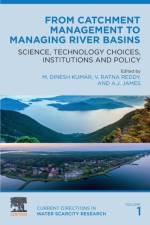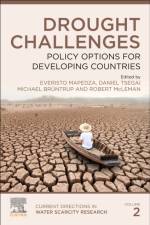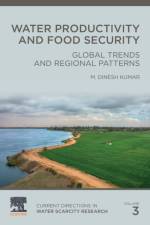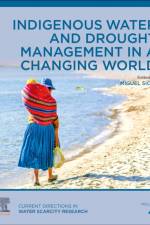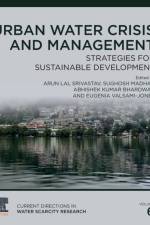av Abdul Wahid, Mohammad Zakwan & Majid Niazkar
1 505
Water Resource Modeling and Computational Technologies, Seventh Edition provides the reader with a comprehensive overview of the applications that computational techniques have in various sectors of water resource engineering. The book explores applications of recent modeling and computational techniques in various sectors of water resource engineering, including hydroinformatics, irrigation engineering, climate change, hydrologic forecasting, floods, droughts, image processing, GIS, water quality, aquifer mapping, basin scale modeling, computational fluid dynamics, numerical modeling of surges and groundwater flow, river engineering, optimal reservoir operation, multipurpose projects, and water resource management. As such, this is a must read for hydrologists, civil engineers and water resource managers.

